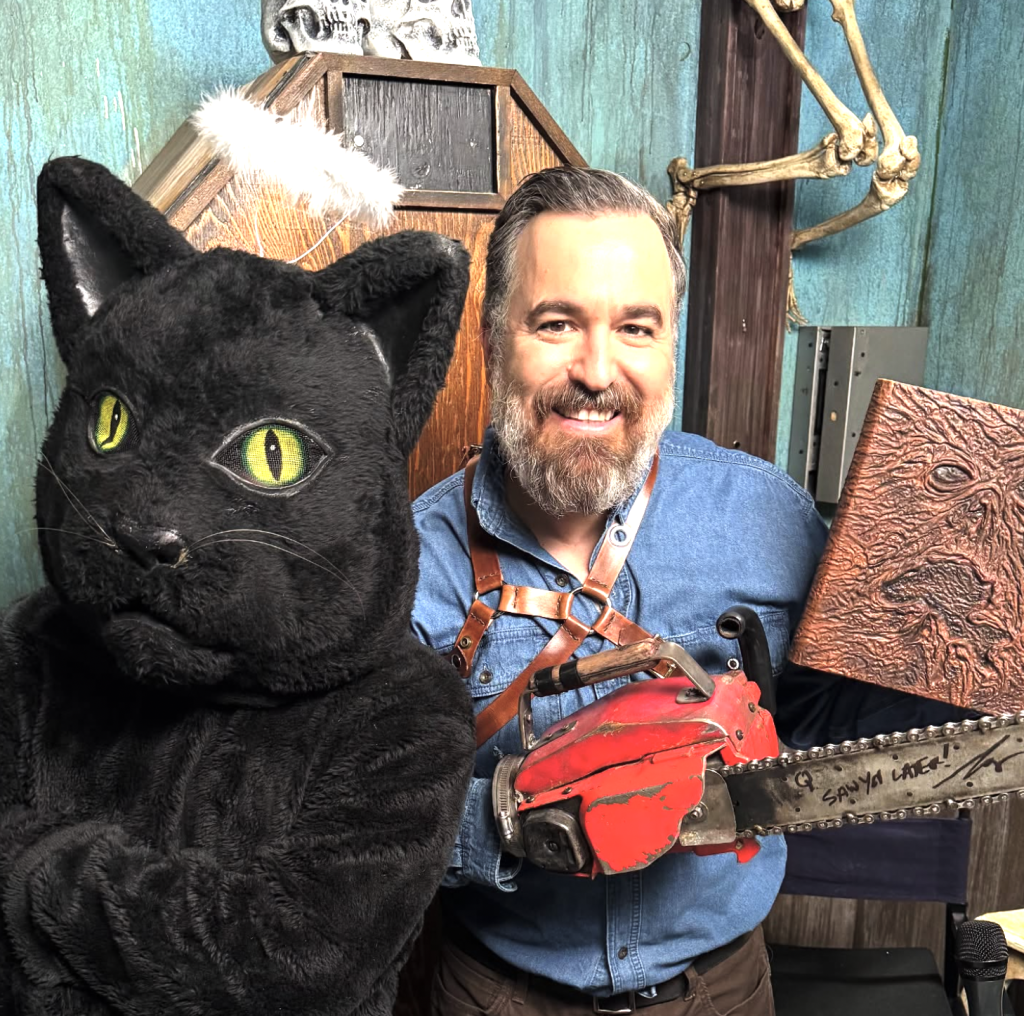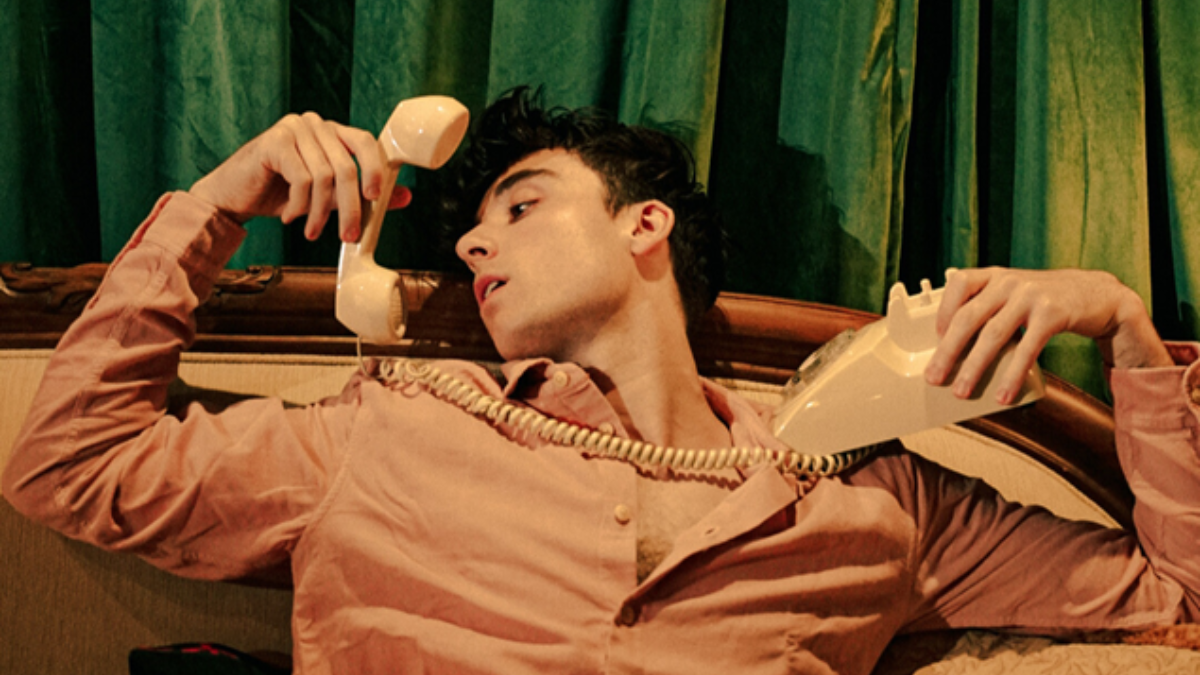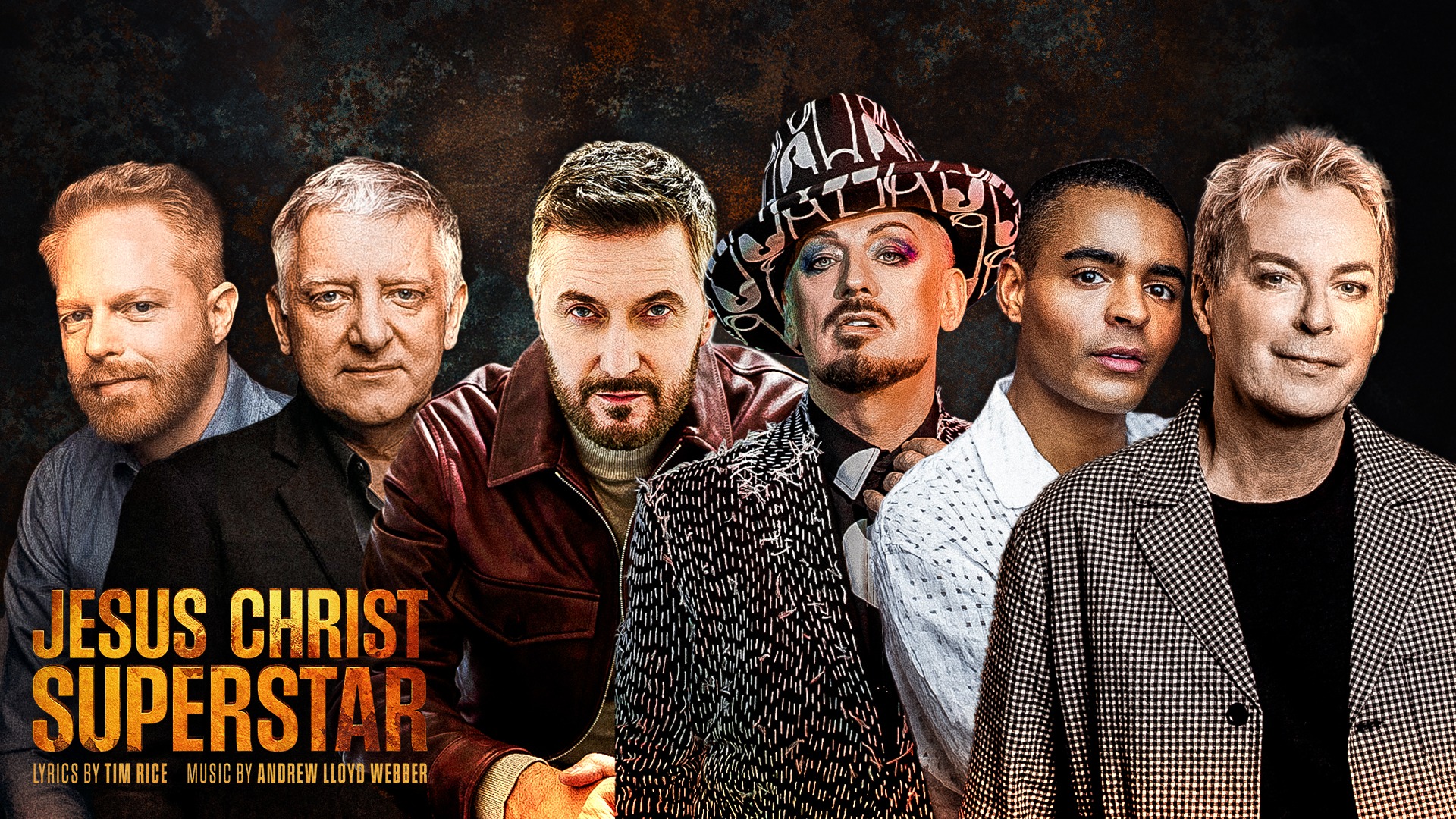
In April 2026, Brian Quinn will return to Key West to host the second Q West Comedy Escape, a three-day event combining stand-up, live podcasting and informal fan gatherings. The intimate capacity is intentional – Quinn favors proximity over scale. Between the Impractical Jokers production cycle, his two long-running podcasts, and the show’s growing international adaptations, the former FDNY firefighter now runs an operation closer to a small studio than an artist’s calendar.
His current work reveals a broader shift in comedy where television veterans serve as independent production hubs. Quinn’s approach shows how a long-running franchise can adapt to a decentralized media economy without sacrificing coherence or control.
A global format managed for consistency
When Impractical Jokers premiered on TruTV in 2011, its premise — four friends daring each other to public humiliation — seemed modest. Thirteen years later, it has become a global format, replicated in markets from the UK and Australia to Belgium, Brazil and most recently Lithuania, where TV3 launched a local version in 2025.
Comedy sales formats are rare; most unwritten concepts depend on personality chemistry that is not easily translated. The franchise succeeded by standardizing production design—camera blocking, challenge structure, and editing rhythm—while allowing for regional tonal shifts. The American creators, including Quinn, remain involved in an advisory role to preserve the show’s identity.
Instead of selling a script, they have built a creative template. International producers receive detailed production bibles covering everything from casting criteria to post-production standards. The result balances global scalability with brand fidelity, treating comic IP as both modular and exportable.
Experiment with the “live” economy
TV remains Quinn’s foundation, but Q West Comedy Escape represents his boldest experiment with intimacy. The Key West event, which launched in 2025, sold out within hours. It limits attendance, mixes live shows with interactive sessions and adds merchandise drops into the experience.
“I want to throw rocking parties with friends and fans at all my favorite places,” Quinn wrote on X. The comment reads less like enthusiasm than logistics — a wearable ecosystem built around community scale rather than mass exposure.
In the case of comedy, a similar shift is underway. As audiences tire of algorithmic content, comedians and podcasters are creating smaller, high-engagement live formats — seen in ventures like SmartLess Live — that turn parasocial connection into physical events. Quinn’s approach turns fandom into a recurring, self-sustaining cycle, with TV as the reach and live experiences as the retention.
Production as a discipline
Behind the spontaneous humor of Impractical Jokers lies an infrastructure that Quinn once described as “a full-scale army.” The coordination behind each episode – logistics, timing, post-production – operates with military precision. “People think it’s just us with cameras,” he said in an interview in 2025. “But there are hundreds of moving parts that work in sync.”
Despite the scale of his business, Quinn treats production less like a corporate structure than a creative family. For more than a decade, he and his co-creators developed a collaborative model where creative control is shared. Rather than typical top-down studio oversight, the group handles writing, post-production and tone in-house.
The approach has proven to be commercially valuable. At a time when ensemble formats often disband after personnel changes, Impractical Jokers operates as a hybrid between a studio and a franchise, governed by collective stewardship rather than executive rotation.
“We’ve been doing this for so long now, and we haven’t lost that sense of gratitude,” Quinn said in a recent interview. “It’s still overwhelming when people tell us what the show means to them.”
Grounded continuity
Prior to television, Quinn served 7 years with the New York City Fire Department’s Ladder Company 86. He continues to support the firefighting community through Friends of Firefighters, serving on the Advisory Council.
“I’m not happier now,” he told SILive.com in 2024. “I loved being a firefighter. It was a lifestyle I would have done for the rest of my life.”
It’s a perspective that continues to shape his professional demeanor. The reliance on teamwork that defined his FDNY years remains in his creative fabric—crew trust, procedural consistency, and collective authorship. Less nostalgia than methodology, it provides a framework for managing scale without hierarchy.
Even with a global reach, his focus remains local – on the trust between the people doing the work and those watching it.
TV as infrastructure
Quinn’s trajectory reveals the emerging role of TV for artists with established IP. The medium now functions as infrastructure – a marketing and funding base that supports various revenue streams from podcasts, live events and merchandising.
As networks consolidate and streaming services recalibrate budgets, Quinn’s hybrid model offers resilience. Direct-to-consumer revenue provides insulation from programming shifts, while the Impractical Jokers brand continues to generate international licensing value. His business occupies a middle ground between traditional broadcast comedy and influencer economies – independently managed, professionally produced and audience driven.
The financial architecture enables creative freedom. Unlike personality-driven careers that depend on constant visibility, Quinn’s system generates revenue through formats and frameworks that reproduce consistent quality without requiring his physical presence.
A production model, not a personality brand
The decentralization of entertainment has exposed the limits of personality-driven careers. What remains are systems – formats and production frameworks that maintain quality across platforms and markets.
Quinn’s work over the past two years exemplifies this development. Between his role guiding Impractical Joker’s global adaptations and his boutique live experiments in Key West, he’s developed a dual enterprise: one global, one intimate, both designed for sustainability.
From a structural perspective, his story focuses on refinement over reinvention. The same discipline that once governed rescue efforts now organizes creative work. In an industry preoccupied with novelty, Quinn’s quiet efficiency suggests a different path forward—one where the future of comedy depends less on viral moments than on those who can keep the machinery going.
In this decentralized era, the qualities that made Quinn a reliable firefighter—precision under pressure, reliance on teamwork, commitment to service—have become the foundation of a production model built to last.




